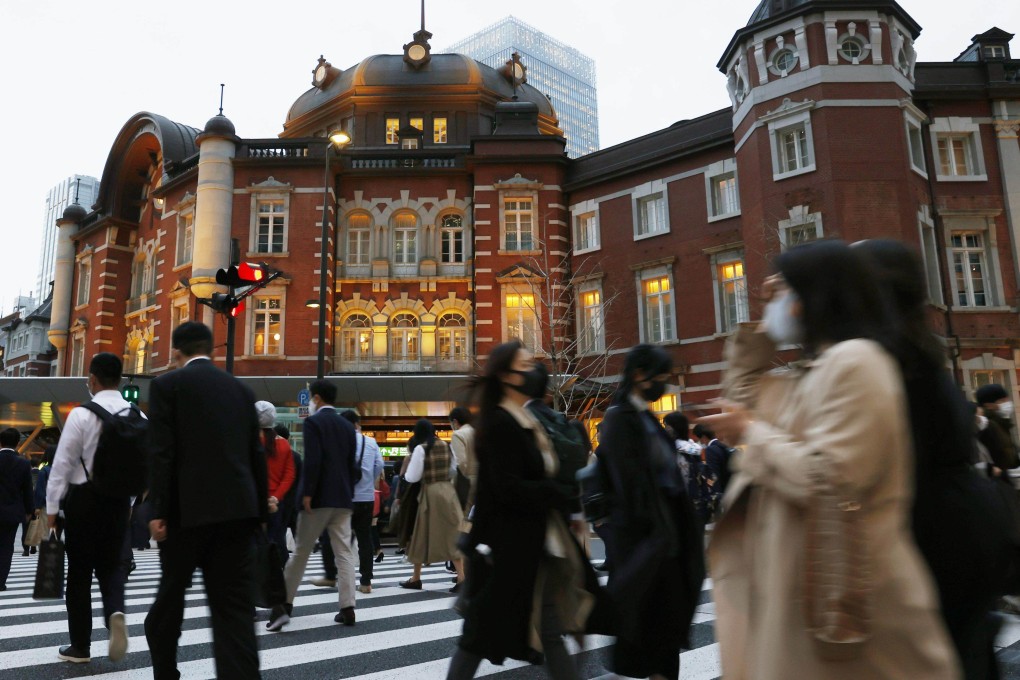Coronavirus: Japan looks to expand emergency as 70 per cent of Tokyo cases have E484K mutation
- The mutation, nicknamed ‘Eek’ by some scientists, is known for reducing vaccine protection
- Meanwhile, Bollywood star Akshay Kumar has tested positive for Covid-19 as India battles a new wave of infections

Japanese Prime Minister Yoshihide Suga said on Sunday that he would expand emergency measures as needed to contain a new wave of coronavirus infections, amid fears over the spread of virus mutations.
Suga, asked on a Fuji TV programme whether Tokyo might be added to a list of areas including the western metropolis of Osaka set to come under lockdown measures from Monday, said, “All possibilities are being considered.”
“It doesn’t matter specifically where, we will act without hesitation if needed,” he said.
On Sunday, 355 new infections were reported in Tokyo, although that is still well below the peak of over 2,500 in January.
Health experts have been particularly concerned about a surge in mutations among those who have recently tested positive around Osaka. The variant, known to have emerged in Britain, is feared to be highly transmissible.